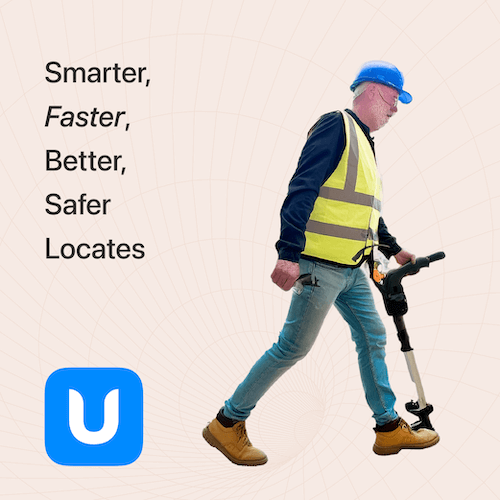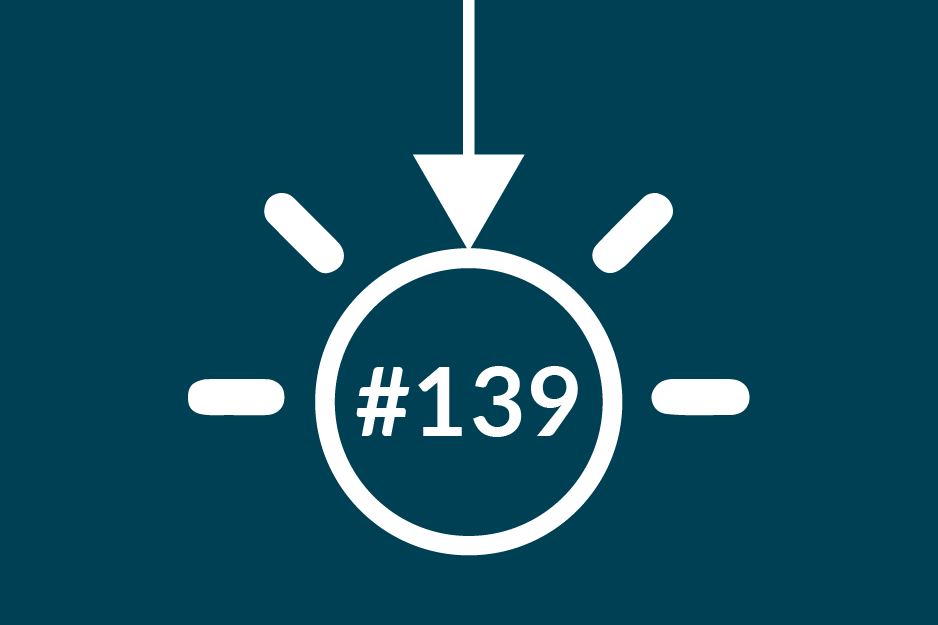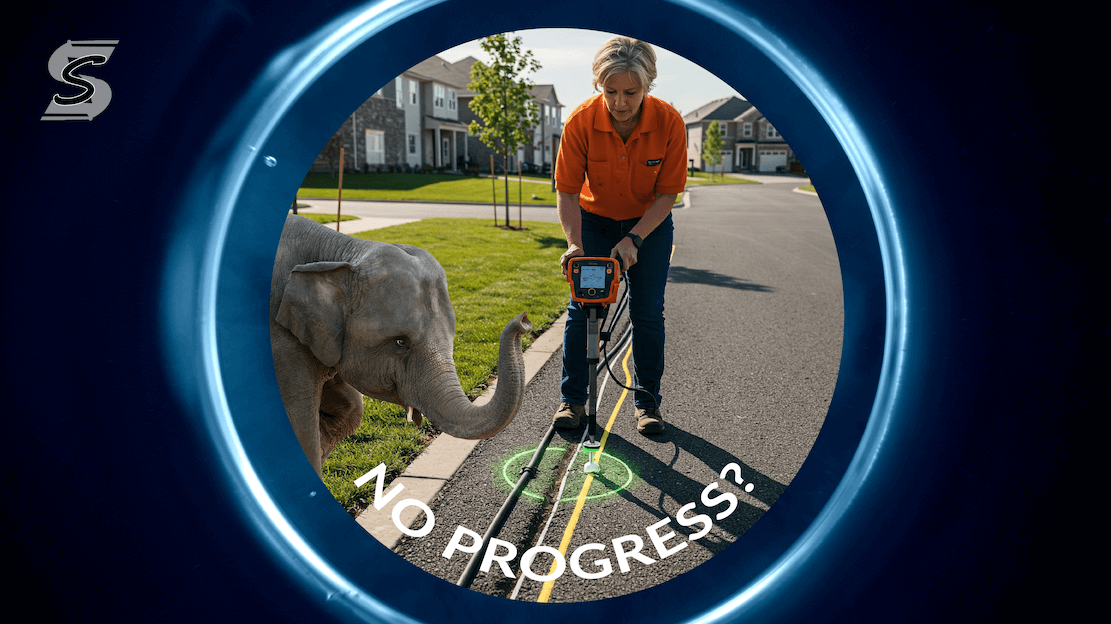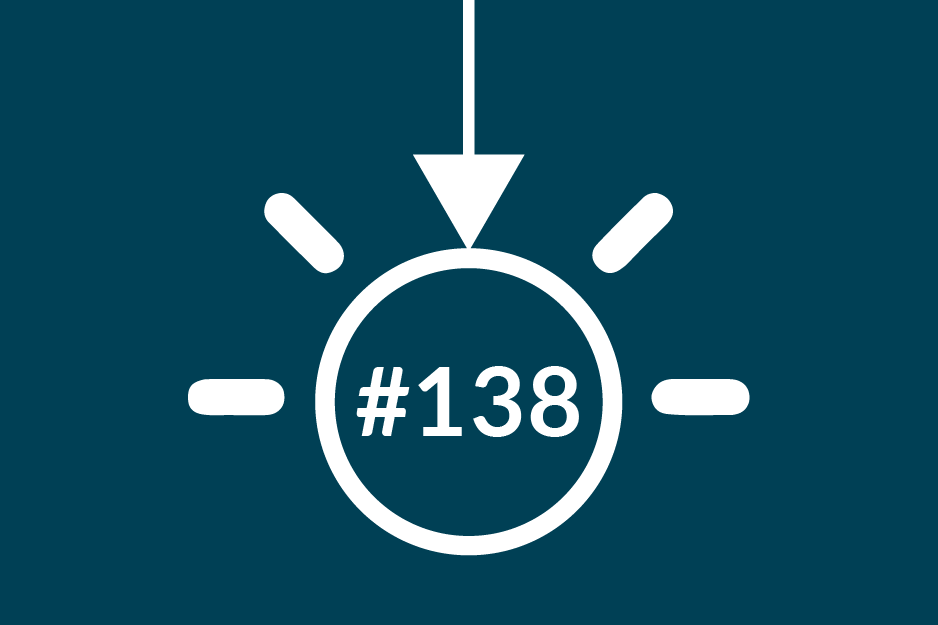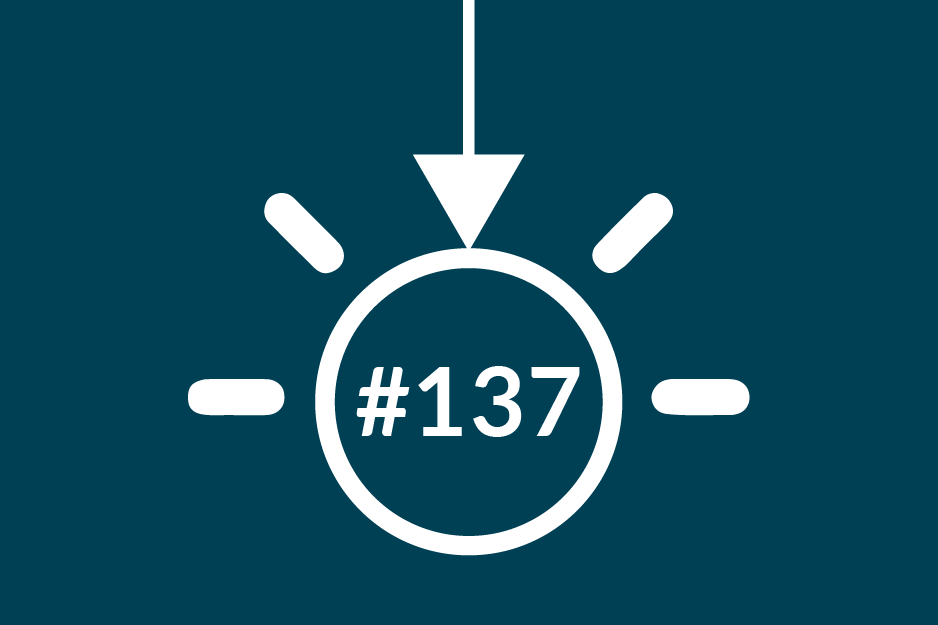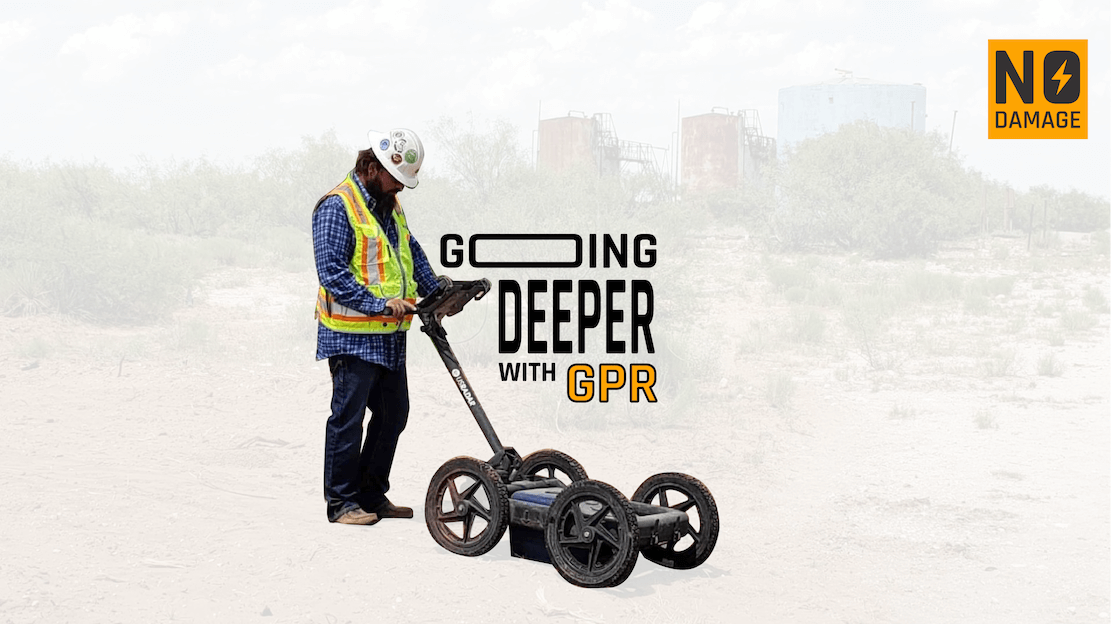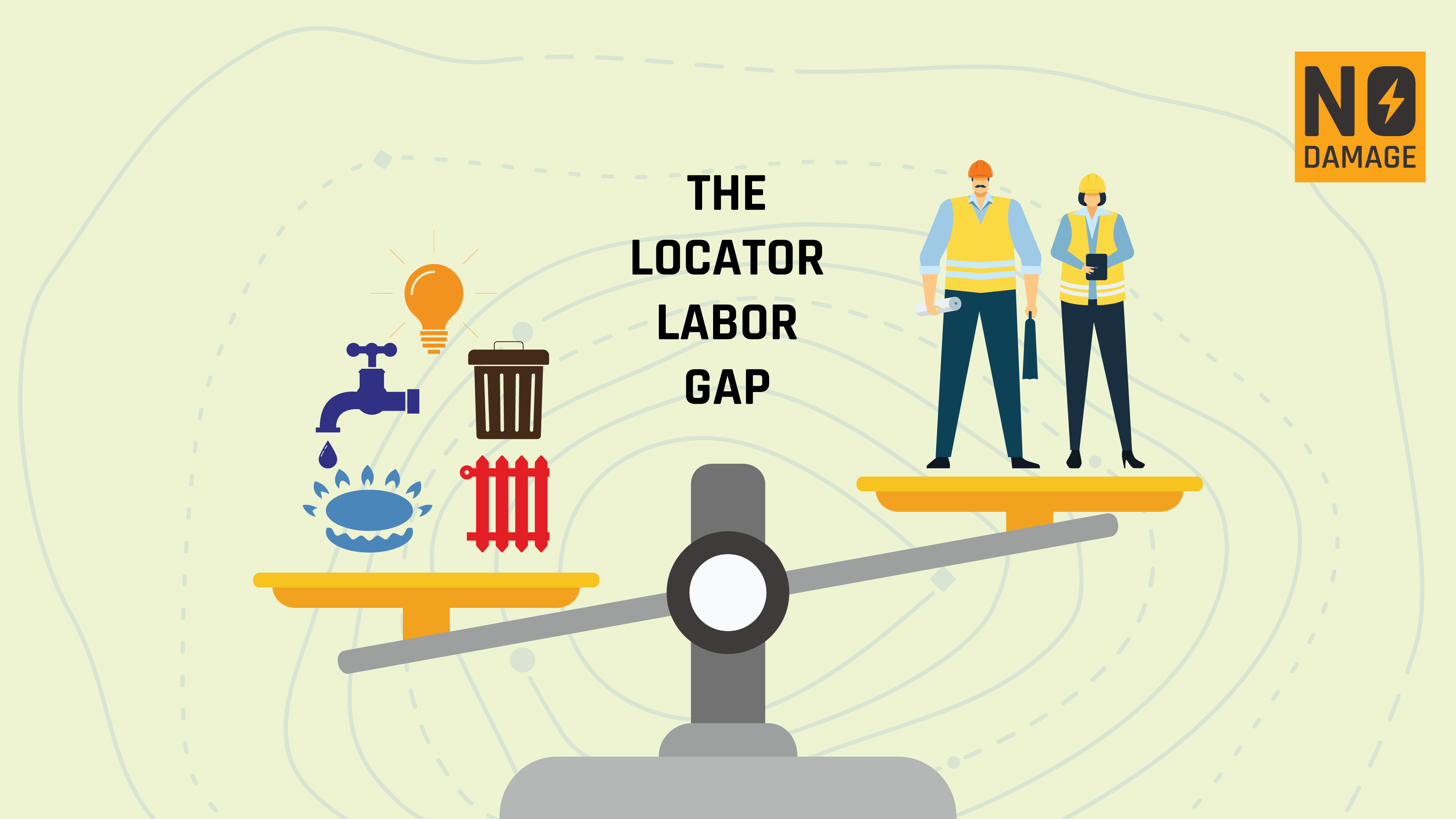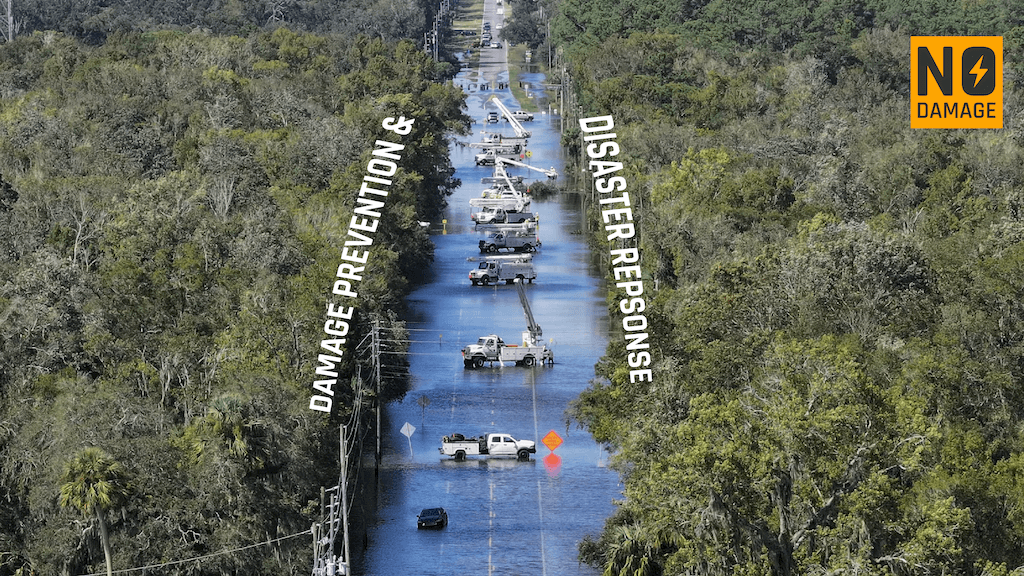
We're setting up a lot of new clients in Ontario, Canada right now who are jumping on the Dedicated Locator bandwagon and need a ticket management system. I thought it would be worthwhile sharing how the program works and if it's worth rolling out in the US and into other 811 areas.
For those unfamiliar with the Dedicated Locator model, it is when you have a locate technician committed to a specific construction project. This commitment involves ensuring that locates, including relocates or remarks if necessary, are completed promptly and accurately in alignment with the excavator's requirements. The key distinction lies in having devoted staff exclusively focused on the needs of a particular project.
Background:
In December 2019, a collaborative effort led by industry leaders in Ontario gave birth to the Late Locate Symposium. The primary objective of this symposium was to find innovative solutions to enhance locate delivery times in the province. Among the five solutions that emerged from this three-day intensive event was the concept of a Dedicated Locator. In this article, we delve into what a Dedicated Locator is, its benefits, and the process of setting one up for a construction project. You can find more info here: https://ontarioonecall.ca/dedicated-locator
Benefits of a Dedicated Locator
-
Enhanced Productivity: By having a dedicated professional assigned to handle locates, overall project productivity is significantly improved.
-
Reduced Downtime: Locates are completed under the direct supervision of the excavator, minimizing downtime and ensuring smooth project progression.
-
Promoting Safety: A Dedicated Locator plays a pivotal role in damage prevention and encourages safer excavation practices, ultimately contributing to a secure work environment.
-
Control and Flexibility: Excavators gain more control over the locate process, obtaining locates precisely when and where they are needed. This flexibility is crucial for addressing unidentified conflicts or making project changes.
-
Optimal Resource Allocation: Having a Dedicated Locator for a specific project allows the regular pool of public locate service providers to focus on standard requests for homeowners and less complex tickets.
Set Up
-
Certification: A Dedicated Locator must be certified through each utility and/or municipality with infrastructure in the project area. Depending on the region, there may be an existing pool of certified dedicated locators, or collaboration with utilities and municipalities might be necessary for certification and training.
-
Profile Setup: Once a Dedicated Locator is established, utilities and municipalities need to coordinate with Ontario One Call to set up the dedicated locator's profile.
-
Locate Requests: Once everything is set up, locate requests for the project can be made through Ontario One Call, and the Dedicated Locator will receive notifications to provide the necessary services.
Payment / Contracts
The responsibility for payment rests with the infrastructure owner or the excavator, depending on the specific project arrangement. The Dedicated Locator or Locate Service Provider is compensated directly by the party responsible for the project. It's worth noting that prices for dedicated locator services may vary, and the financial agreement is typically based on the arrangements made between the project stakeholders and the Dedicated Locator. This financial model ensures that the costs associated with employing a Dedicated Locator are transparent and align with the unique requirements and scale of each construction project. As the adoption of Dedicated Locators becomes more prevalent, clear communication and well-defined financial agreements will play a pivotal role in maximizing the advantages of this innovative approach to locate services.
Expanding the DLM
The key components of the Dedicated Locator model—committing a professional specifically to a project, improving productivity, reducing downtime, and promoting safety—can be rolled out pretty easily by duplicating the Ontario setup.
Local variations may exist based on specific regulations, infrastructure layouts, and industry practices, but the fundamental concept of having a dedicated individual or team focused on efficient and accurate locates can be replicated successfully. The model's flexibility allows for customization to meet the unique needs of different jurisdictions and construction environments.
Adopting the Dedicated Locator model requires collaboration among excavators, utilities, municipalities, and relevant stakeholders, mirroring the collaborative efforts seen in Ontario. Clear certification processes for Dedicated Locators and coordination with one-call centers, would be essential steps in implementing this model elsewhere.
With the onslaught of infrastructure investment and development really starting to hit and 811 bottlenecks getting worse I can see the dedicated locator model getting more and more attractive to contractors and developers, especially as emphasis on safety, efficiency, and damage prevention increases. The Dedicated Locator model has the potential to gain traction and become a best practice across North America, contributing to improved excavation practices and project outcomes.
Conclusion
It's still early days yet but so far the introduction of Dedicated Locators represents a significant step forward in optimizing excavation projects. The collaborative efforts of industry leaders in Ontario have paved the way for a solution that enhances efficiency, safety, and control in the complex realm of construction. It alleviates some of the pressure on 811 and in theory will result in better damage prevention which is the most important thing. I'm looking forward to seeing how that effects future DIRT Report findings!
Share this Post
